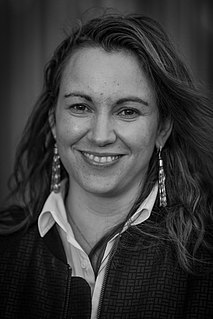A Quote by Michael Arrington
Generally speaking, experience counts for something. So you'd expect entrepreneurs who've been through the ups and downs of a tech startup to have an advantage over the newcomers. Or at least have an equal chance at success. But in fact the opposite may be true. A number of venture capitalists I've spoken with have said that too many "old guard" entrepreneurs are not being bold enough in their business decisions, and it's hurting their startups.
Quote Topics
Advantage
Be True
Been
Being
Bold
Business
Business Decisions
Chance
Counts
Decisions
Downs
Enough
Entrepreneurs
Equal
Expect
Experience
Fact
Generally
Guard
Hurting
In Fact
Least
Many
May
Newcomers
Number
Old
Old Enough
Opposite
Over
Said
Something
Speaking
Spoken
Startup
Startups
Success
Tech
Through
Too
True
Ups
Ups And Downs
Venture
Venture Capital
Venture Capitalists
Related Quotes
Most startup entrepreneurs unnecessarily spend half their time and give up half their equity in search of funding from angel investors and venture capitalists. Tens of millions of dollars are available to them for free from partners who not only don't want their equity, they don't even want to be paid back.
The successful entrepreneurs on the free market will be the ones most adept at anticipating future business conditions. Yet, the forecasting can never be perfect, and entrepreneurs will continue to differ in the success of their judgments. If this were not so, no profits or losses would ever be made in business.
There are two companies that the AI Fund has invested in - Woebot and Landing AI - and the AI Fund has a number of internal teams working on new projects. We usually bring in people as employees, work with them to turn ideas into startups, then have the entrepreneurs go into the startup as founders.


































